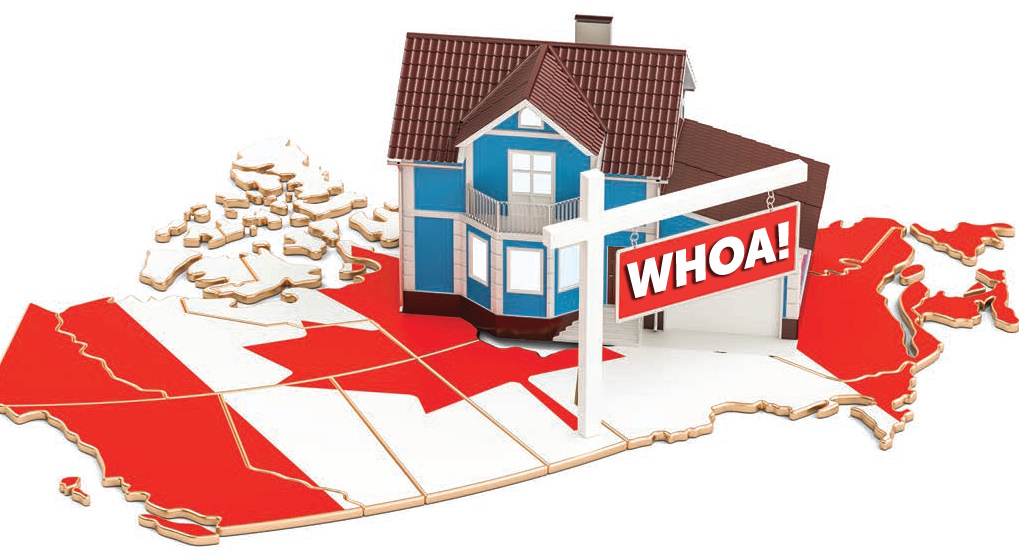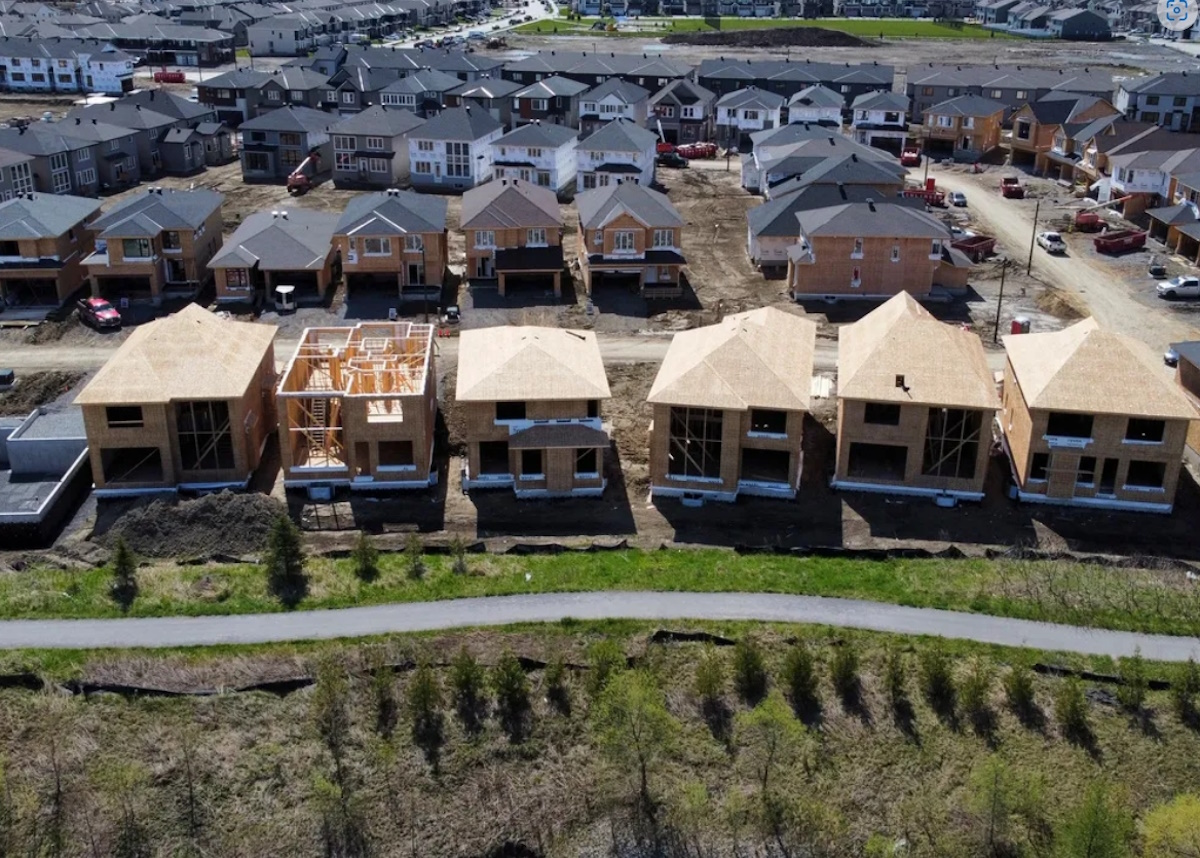Bidding Wars: The Human Cost of Canada’s Housing Crisis
Canada’s housing crisis is often framed in terms of numbers: soaring prices, bidding wars, and dwindling affordability. But behind these statistics are real people whose lives are being profoundly impacted by the struggle to find a safe and affordable place to call home.
The Emotional Toll of Housing Insecurity
The housing crisis is not just an economic issue; it’s a human one. The stress and anxiety associated with housing insecurity can take a significant toll on mental and physical health.
- Constant Worry: The constant worry of finding and maintaining affordable housing can lead to chronic stress, anxiety, and depression.
- Strained Relationships: Financial pressures and housing instability can strain relationships with partners, family members, and friends.
- Impact on Children: Children growing up in housing insecurity may experience developmental delays, behavioral problems, and difficulties in school.
- Health Consequences: The stress of housing insecurity can exacerbate existing health conditions and increase the risk of new ones, such as cardiovascular disease and mental illness.
Personal Stories of Struggle

The human cost of the housing crisis is best understood through the personal stories of those affected:
- The Young Couple: A young couple, both working full-time jobs, struggle to save for a down payment while facing ever-increasing rents. They feel trapped in the rental cycle, their dreams of homeownership slipping further away each year.
- The Single Parent: A single parent works multiple jobs to make ends meet but still struggles to afford a safe and decent home for their children. They face constant worry about eviction and the potential disruption to their children’s lives.
- The Senior Citizen: A senior citizen on a fixed income is forced to choose between paying rent and buying groceries. They worry about becoming homeless and losing their independence.
The Housing Crisis as a Social Justice Issue
The housing crisis disproportionately affects vulnerable populations, including low-income individuals, racialized communities, Indigenous peoples, and people with disabilities. This highlights the need to address the housing crisis as a social justice issue.
- Systemic Inequalities: The housing crisis is rooted in systemic inequalities that have historically disadvantaged certain groups. Addressing these inequalities is crucial for creating a more equitable housing system.
- Intersectionality: The housing crisis intersects with other social issues, such as poverty, racism, and discrimination. Recognizing this intersectionality is essential for developing effective solutions.
- Human Rights: Access to safe, affordable, and adequate housing is a fundamental human right. The housing crisis is a violation of this right and requires urgent action.
Moving Beyond Numbers
The human cost of Canada’s housing crisis is a stark reminder that this issue is not just about numbers and statistics. It’s about real people struggling to meet their basic needs and achieve their dreams.
By recognizing the human faces behind the crisis, advocating for those affected, and working towards solutions that prioritize people over profits, Canada can create a more just and equitable housing system where everyone has a place to call home.

